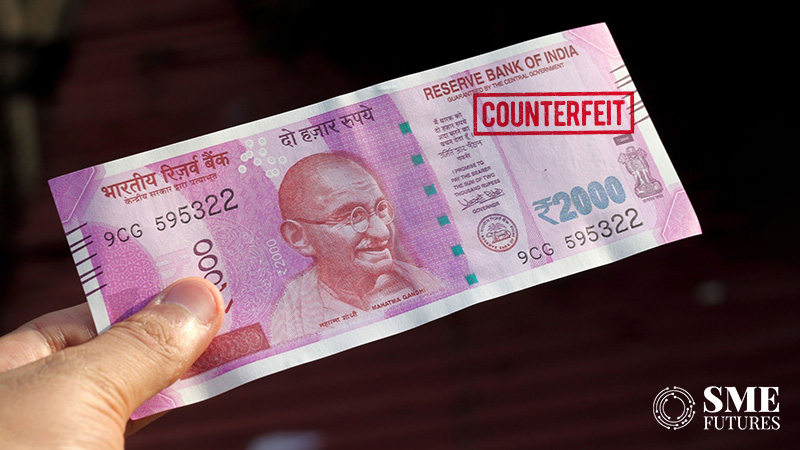Factors like increase in counterfeiting of Rs 2,000 denomination banknotes, people preferring lower denomination notes may also be the reasons for the Reserve Bank of India (RBI) announcing the gradual withdrawal of that note.
Also Read: 5 important things about Rs 2000 withdrawal
According to RBI’s annual report for FY22, during FY20, 17,020 Rs 2,000 denomination counterfeit notes were detected and the number went down to 8,798 pieces in FY21 and climbed up to 13,604 pieces in FY22.
It should be noted that the RBI had stopped printing of the Rs 2,000 notes during FY19.
According to a report in 2020, the central bank had spent Rs 3.54 for printing one Rs 2,000 note.
On Friday, the RBI had announced withdrawal of Rs 2,000 denomination banknote in a gradual manner.
As per a survey done by RBI, among banknotes, Rs 100 was the most preferred while Rs 2,000 was the least preferred denomination by the people.
Be that as it may, as per RBI’s annual report, it had spent Rs 4,984.80 crore in FY22 towards printing of currency notes, up from Rs 4,012.09 crore spent during FY21.
The RBI issues banknotes in denominations of Rs 2, Rs 5, Rs 10, Rs 20, Rs 50, Rs 100, Rs 200, Rs 500 and Rs 2,000. Coins in circulation comprise 50 paise and Re 1, Rs 2, Rs 5, Rs 10 and Rs 20 denominations. The Re 1 note is issued by the Ministry of Finance, Government of India.











